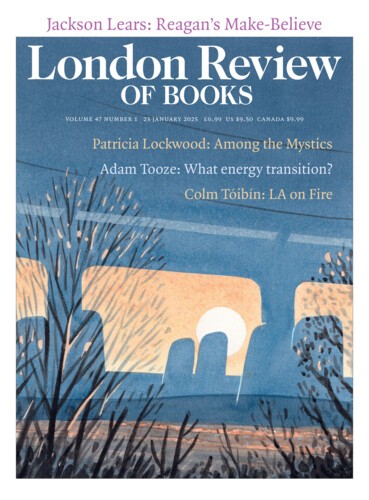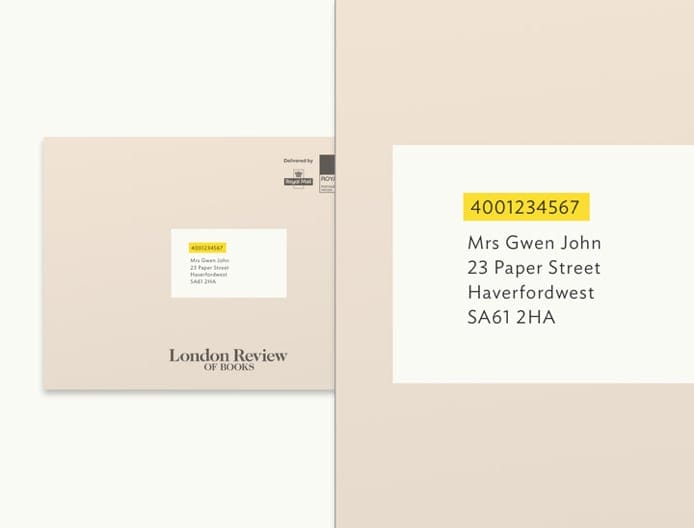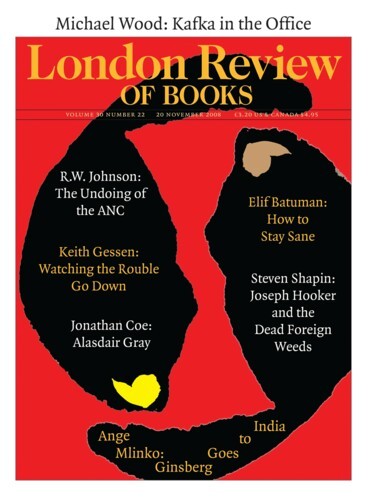Robert Oppenheimer knew Sanskrit. Quotations from the Bhagavad Gita flashed through his mind when he witnessed the first atomic explosion in New Mexico in 1945: ‘Suppose a thousand suns should rise together into the sky: such is the glory of the Shape of the Infinite God.’ Reading that same chapter of the Bhagavad Gita in Darjeeling in 1962, Allen Ginsberg thought of something else: the coloured wheels of psilocybin-induced visions. That two of the 20th century’s most consciousness-altering inventions, the atom bomb and the LSD pill, could be conjoined under the sign of the mushroom cloud is just the sort of thing that convinces poets of the doctrine of secret correspondences in nature, of a transcendental logic ruling reality.
It was this conviction that led Ginsberg to India in the first place. He was not alone. Nor is the story Deborah Baker tells in A Blue Hand – a story about the encounter between optimistic, postcolonial Bengalis and disillusioned American Beats – about Ginsberg alone. It is a dense little slice of bicultural history, collated from biographies, journals, interviews and audiocassettes. It describes a time not so long ago but now very far away: before globalisation and commercial aviation and before American Express morphed into a credit card. (When Ginsberg arrived almost penniless in Bombay on a ship from Mombasa, he headed to the American Express offices in the hope of finding his mail, and possibly some royalty cheques.) The postwar economy of the US had permitted a bohemian renaissance in the cities, so that men and women of different classes – say, a child of immigrants raised in an orphanage like Gregory Corso and a Southern belle on the lam from privilege and electroshock therapy like Hope Savage – could shack up in the Village and trade paperbacks of Rimbaud, Shelley, Swinburne and Goethe, while mapping out pilgrimages to Central Asian cities using ancient texts as guidebooks.
In Ginsberg personal crisis and the crisis of American materialism coincided. A 35-year-old celebrity when he left New York Harbor on the SS America, he was the subject of mocking magazine profiles: he felt he had already passed through fame to caricature, from poet to provocateur. He was haunted by a vision he had had at the age of 22, when, while reading Blake, a voice thundered in his ear:
Ah! sunflower, weary of time,
Who countest the steps of the sun,
Seeking after that sweet golden clime
Where the traveller’s journey is done
Send Letters To:
The Editor
London Review of Books,
28 Little Russell Street
London, WC1A 2HN
letters@lrb.co.uk
Please include name, address, and a telephone number.



